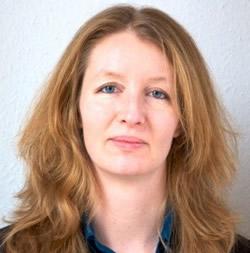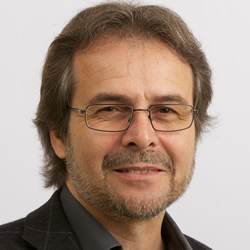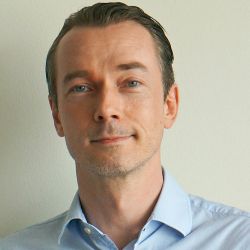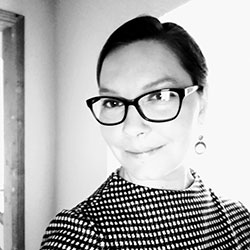IOER Annual Conference 2022
Space & Transformation: Liveable Futures
21-23 September 2022 at Deutsches Hygiene-Museum Dresden, Germany
Keynotes 2021
Just Transformation beyond Sustainability Fixes – Practices, Agency and Knowledge

Short biography: Trained as geographer (PhD Kiel), Antje's work examines socio-political dimensions of environmental and resource governance in coastal zones and coastal cities. Her theoretical interests span political ecology, environmental studies and debates over development and sustainability transformations. Antje is holding a full professorship for Sustainable Development and Governance at Trier University where she is head of the research project WaterPower. Before she was assistant professor at Humboldt-Universität zu Berlin and a member in the Integrative Research Institute on Transformation of Human-Environment Systems (THESys).
Challenges of regional infrastructure transitions: the case of urban water management

Short biography: Bernhard Truffer pioneered the field of the Geography of Transitions, emphasizing how environmental innovation and transition processes in different sectors may depend on resources that are located in and interconnected between different parts of the world. Conducting research across Western Europe, Australia, the US, China, as well as East and South Africa, Truffer’s research focuses on global innovation systems, regional industrial path creation, catching up of developing countries, transformations of basic infrastructure sectors and the upgrading of urban informal settlements in the Global South. Besides the industrial dynamics focus, he has a track record in strategic planning and foresight methods, as well as in neo-institutional approaches to socio-technical transition.
Can „planning“ turn the tide? On spatial leverage for sustainability transformations

Short biography: Marc Wolfram investigates the directions and dynamics of urban and regional change, focusing on theories, strategies and capacities for sustainability transformations. He received an interdisciplinary academic formation in spatial sustainability sciences and has extensive professional experience as a consultant and senior researcher in Europe. For seven years he taught at leading universities in Seoul (South Korea), pioneering research on urban transformative capacity and advising global city networks and UN bodies. He is also co-founder and editor-in-chief of the open access journal Urban Transformations and board member of the International Sustainable Development Research Society (ISDRS).
Urban Environmental Acupuncture (UEA): An innovative and collaborative strategy to generate small scale green space

Short biography: She is part of an international team working to apply urban environmental acupuncture to address a lack of green space in European cities within the SALUTE4CE project (Interreg Central Europe). Jessica completed her doctorate as part of the Dresden Leibniz Graduate School where she examined barriers toward planned adaptation to climate change among rural local governments in New York State. Prior to this, she completed a master’s degree in City and Regional Planning from The Ohio State University gaining theoretical and practical experience in sustainability planning. She began her academic journey at SUNY College at Buffalo where she studied environmental psychology and conducted research as part of the McNair Scholars program.